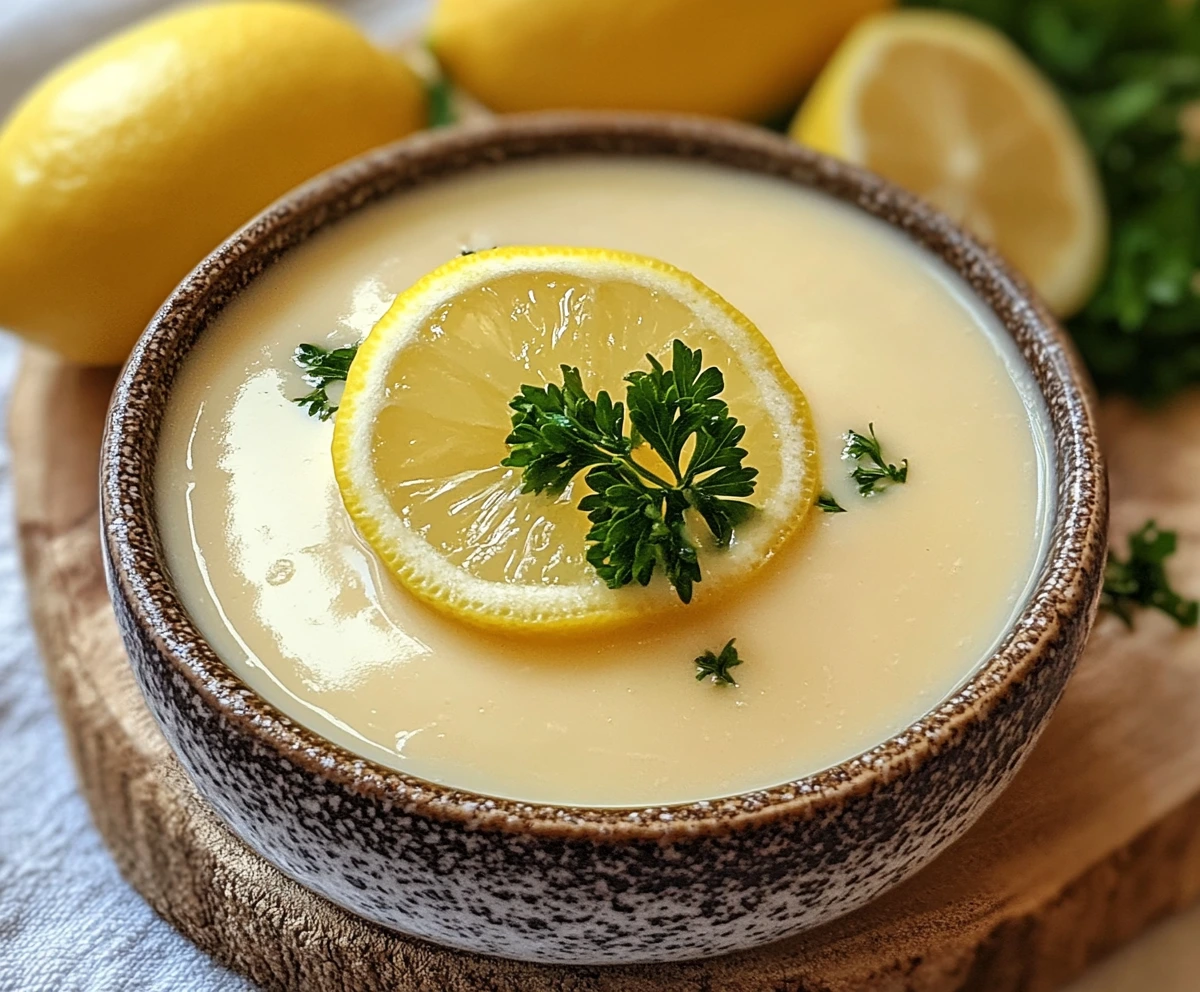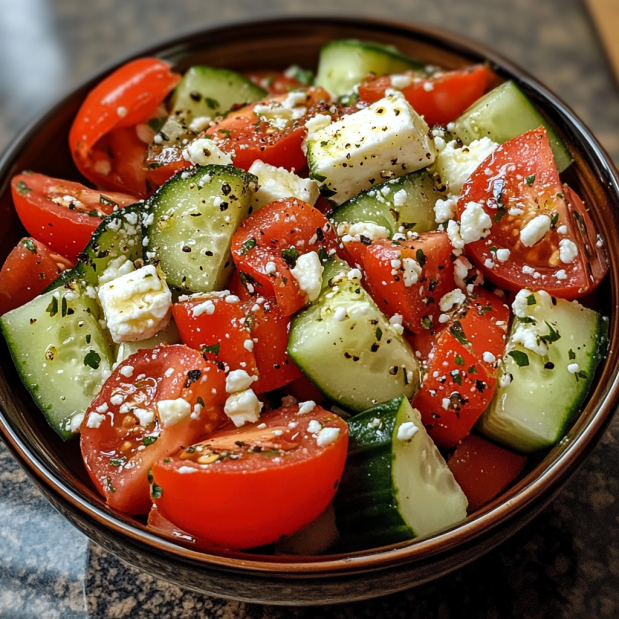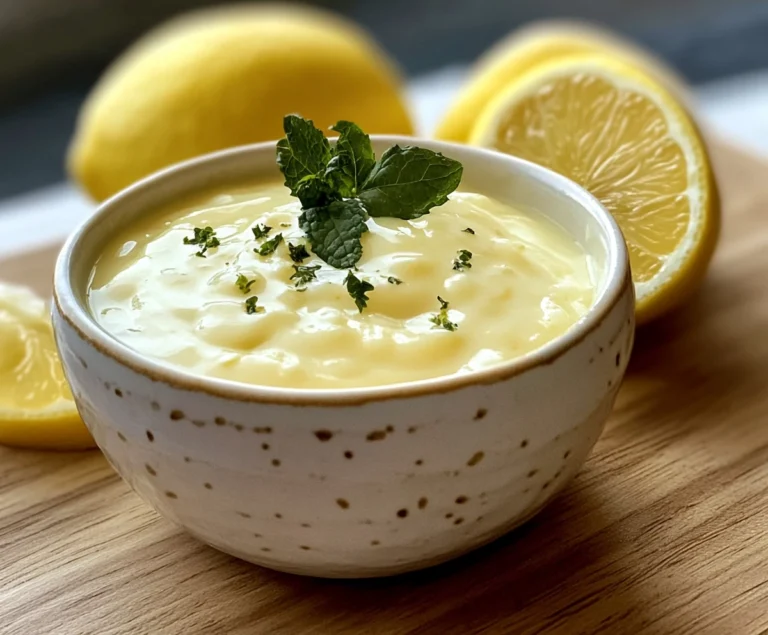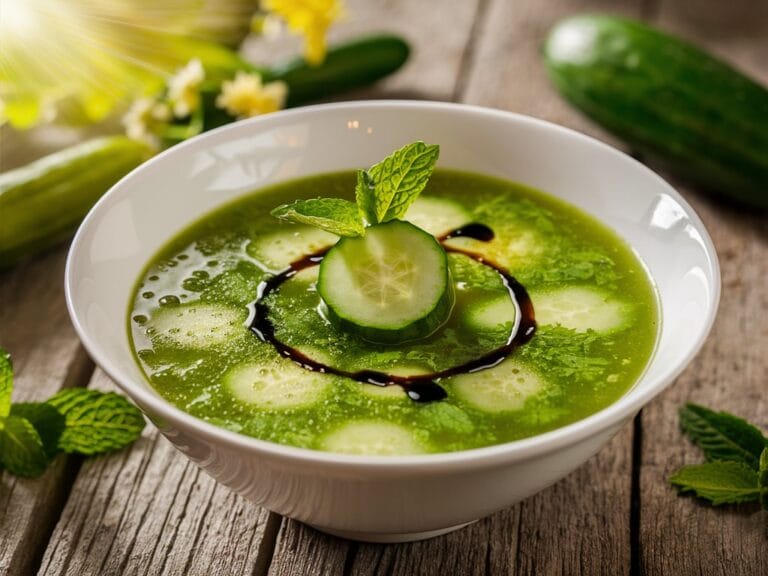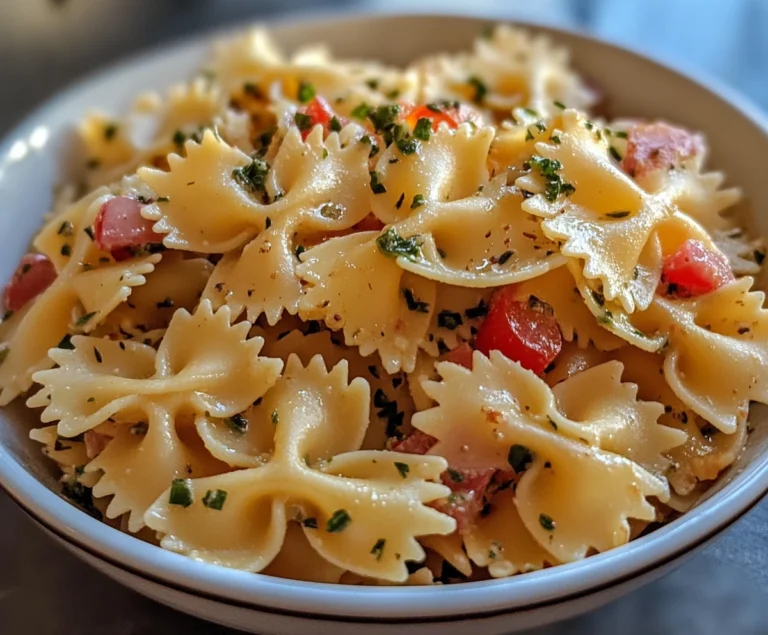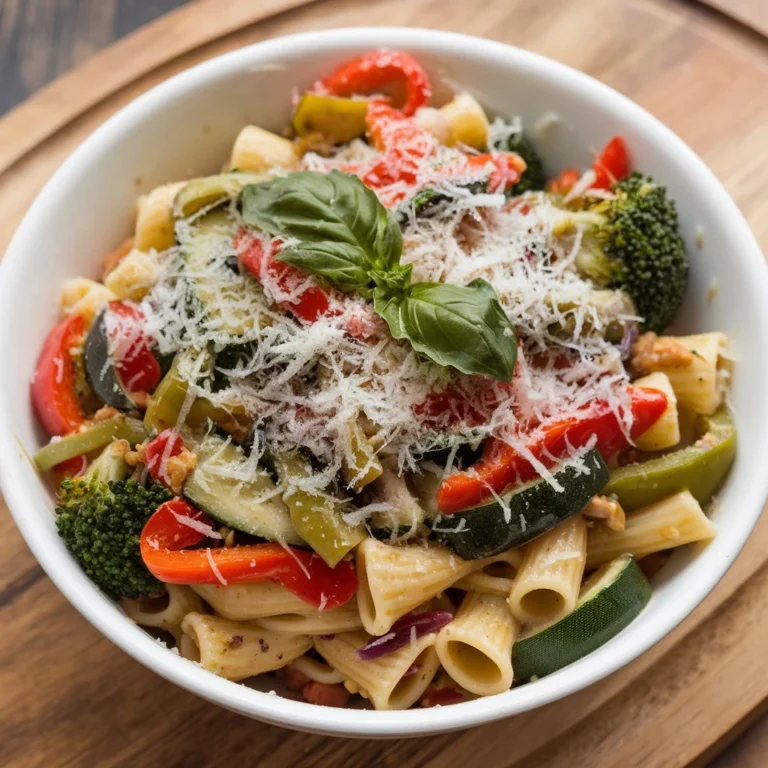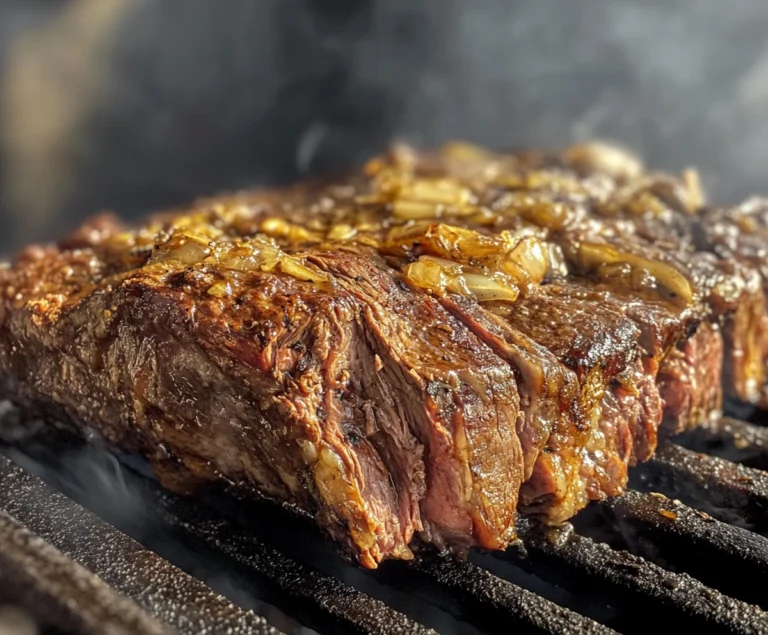Lemon Sauce: How to Make the Best Homemade Version
Table of Contents
I remember the first time I made a simple dish amazing with lemon sauce. The bright, zesty flavor made my meal feel like it was from a restaurant. This moment made me love making citrus recipes that make any meal special.
A homemade lemon sauce is more than a condiment. It’s a kitchen game-changer. With just five simple ingredients, you can make a tangy sauce. In under 5 minutes, you’ll have a sauce that makes seafood and vegetables taste better.
Whether you’re an experienced cook or new to the kitchen, this lemon sauce recipe is your secret flavor enhancer. Get ready to impress your family and friends with a simple yet magical sauce.
Key Takeaways
- Lemon sauce requires only 5 ingredients
- Preparation takes less than 5 minutes
- Perfect for serving 4-6 people
- Highly rated with 5 stars from 73 votes
- Versatile sauce for multiple dishes
Understanding the Magic of Lemon Sauce
Lemon sauce makes simple dishes into culinary wonders. It adds a bright, vibrant flavor. This makes everything from seafood to poultry taste better.
Chefs and home cooks love these tart sauces for their versatility. The tangy taste of citrus vinaigrettes can change a meal’s flavor and look.
What Makes Lemon Sauce Special
Lemon sauce is special because it’s simple yet packs a big flavor punch. With just a few ingredients, you can make a sauce that:
- Adds instant brightness to dishes
- Cuts through rich, heavy flavors
- Provides a fresh, clean taste
- Complements multiple cuisine styles
Key Benefits of Homemade Lemon Sauce
Making your own lemon sauce has many benefits:
- You control what goes into it
- It tastes fresh and vibrant
- No artificial additives or preservatives
- It’s cheaper to make than store-bought
Common Uses and Applications
| Dish Category | Recommended Lemon Sauce Application |
|---|---|
| Fish | Drizzle over grilled or baked fillets |
| Vegetables | Use as a light, tangy dressing |
| Chicken | Serve as a zesty marinade or topping |
| Pasta | Mix directly into pasta or use as a side sauce |
“A great lemon sauce can transform an ordinary meal into an extraordinary culinary experience.” – Professional Chef’s Secret
Whether you’re new to cooking or experienced, learning about lemon sauce can open up new flavors in your kitchen.
Essential Ingredients for Perfect Lemon Sauce
Making great lemon-based marinades means picking top-notch ingredients. These ingredients add bright, tangy flavors to your dishes. Start with fresh parts that turn simple meals into works of art.
The key to a great lemon sauce includes:
- Fresh Lemons: Juice and zest are key for real citrus taste
- European-style unsalted butter for a creamy feel
- Extra-virgin olive oil for a smooth, deep flavor
- Fresh garlic for a rich aroma
- Kosher salt and freshly ground black pepper
- Fresh herbs like parsley for a nice touch
Choose ingredients that are fresh and of high quality. Organic lemons give a stronger zest. European butter makes the sauce silky. The right mix of acidic flavors can make any dish special.
Pro tip: Always use freshly squeezed lemon juice for the most vibrant flavor profile.
Here’s a quick look at what you need:
| Ingredient | Calories | Fat | Key Benefit |
|---|---|---|---|
| Unsalted Butter | 102/tbsp | 11.5g | Creamy texture |
| Lemon Juice | 3.5/tbsp | 0g | Bright acidity |
| Olive Oil | 119/tbsp | 13.5g | Heart-healthy fats |
Choosing the best ingredients makes your lemon sauce a standout in your cooking.
Kitchen Tools and Equipment Needed
To make the perfect lemon sauce, you need the right tools. These tools help you get those bright citrus notes and smooth emulsions. Having the right utensils makes sauce-making easy.
Before starting, gather essential equipment. It will help you make a delicious lemon sauce with ease and precision.
Must-Have Utensils
- Small saucepan (3.8-liter stainless steel recommended)
- Whisk (15 cm stainless steel)
- Measuring cups and spoons
- Sharp chef’s knife
- Zester or grater
- Cutting board
Optional but Helpful Tools
- Citrus juicer
- Pyrex mixing bowl (1-liter capacity)
- Fine-mesh strainer
- Silicone spatula
Each tool is key to making perfect lemon emulsions. A good whisk mixes ingredients well. A reliable saucepan ensures even heat for sauces with bright citrus notes.
Pro tip: Choose sturdy, versatile kitchen tools. They’re not just for lemon sauce. Quality tools improve your cooking and help you get great results every time.
Basic Lemon Sauce Recipe
Making a tasty lemon sauce is simple. This classic recipe turns basic ingredients into a bright, tangy sauce. It can make any dish better. Let’s explore how to make your ideal lemon sauce.
Ingredients You’ll Need
- 4 tablespoons unsalted butter
- 1 tablespoon extra-virgin olive oil
- 1 small clove of garlic, minced
- 1 teaspoon fresh lemon zest
- 2 tablespoons freshly squeezed lemon juice
- 2 teaspoons capers, drained
- 1-2 teaspoons finely chopped parsley
- Salt to taste
This lemon sauce is all about simplicity. Make sure you have all your ingredients ready before you start. The cooking process is quick.
Cooking Method
- Melt butter with olive oil in a small saucepan over medium heat
- Sauté minced garlic for about 30 seconds
- Add lemon zest and juice, stirring gently
- Stir in capers and parsley
- Season with salt to taste
This citrus recipe is ready in under 15 minutes. It’s great for quick meals. You’ll get about 4 generous servings. You can make more if you need it.
Pro tip: For the best flavor, use fresh lemon juice and zest. The sauce goes well with seafood, chicken, and veggies.
You can keep your homemade lemon sauce in the fridge for up to 3 days. When you reheat it, do so gently. This prevents the butter from separating.
Variations of Classic Lemon Butter Sauce
Exploring tangy condiments can change your cooking game. Lemon butter sauce is super versatile. It lets you make zesty dressings that make any dish pop. Let’s explore three tasty variations to spark your creativity.
Creamy Lemon Sauce Version
Want to make your sauce richer? The creamy lemon sauce does just that. Adding ½ cup of heavy cream makes it silky smooth. It’s perfect for covering your favorite proteins.
- Simmer cream for 2-3 minutes until slightly thickened
- Use ½ cup heavy cream for maximum smoothness
- Stir continuously to prevent burning
White Wine Lemon Sauce
Give your sauce a fancy twist with white wine. This version adds depth and complexity. Pick a dry or semi-dry white wine to match the lemon’s brightness.
- Add ¼ cup white wine
- Reduce wine for 2-3 minutes before adding other ingredients
- Choose wines like Sauvignon Blanc or Pinot Grigio
Garlic Lemon Butter Sauce
For those who love strong flavors, try the garlic lemon butter sauce. It packs a punch and turns simple meals into fancy dishes with little effort.
- Use 6 large garlic cloves for maximum flavor
- Sauté garlic for 1-2 minutes until fragrant
- Add fresh parsley for an extra layer of taste
Each version needs about 6 tablespoons of butter and one large lemon’s juice. Try these out and find your favorite!
Tips for Achieving the Perfect Consistency

Getting the right consistency for tart sauces is all about precision. The key to smooth citrus vinaigrettes is knowing how heat and mixing affect the texture.
Temperature control is key for the perfect sauce. You need to manage the heat well to avoid separation and keep it silky smooth.
- Keep your heat at a medium-low setting
- Whisk constantly to prevent lumping
- Add cold butter incrementally
- Watch for the nappé stage (when sauce coats the back of a spoon)
The right thickness comes from understanding how ingredients react to heat. Start by seeing how different ingredients mix and change with heat.
| Consistency Issue | Solution |
|---|---|
| Sauce too thin | Simmer to reduce or add small amount of cornstarch slurry |
| Sauce too thick | Whisk in warm liquid (water or stock) gradually |
| Sauce separating | Remove from heat, whisk vigorously, add cold butter |
Getting sauce consistency right takes time and practice. Each batch will teach you something new about balancing ingredients and controlling temperature for those perfect tart sauces.
Common Mistakes to Avoid
Making the perfect lemon sauce needs skill and care. Many home cooks face challenges that can ruin their lemon sauces. Knowing these common mistakes helps you make a tasty sauce with bright, tangy flavors.
- 70% of home cooks have experienced lumpy sauces
- 45% of sauce issues stem from incorrect ingredient proportions
- 60% struggle with sauces that are too thin
- 30% of emulsified sauces risk separation
Temperature Control Issues
Keeping the right temperature is key for lemon sauces. Cooking too hot, above 140 degrees Fahrenheit, can cause the sauce to split. The secret is to use gentle heat to keep the sauce smooth.
“Patience is the secret ingredient in creating perfect sauces.” – Professional Chef
Ingredient Balance Problems
Getting the right mix of ingredients is crucial for a great sauce. Here are some important tips:
| Common Issue | Solution |
|---|---|
| Too Salty | Dilute with additional liquid |
| Bland Flavor | Use high-quality ingredients |
| Incorrect Thickness | Adjust thickening agents carefully |
Storage Mistakes
Storing your lemon sauce right keeps it fresh. Fresh lemon zest can last up to three months in the freezer. Preserved lemons can stay good for a long time with salt.
By steering clear of these common errors, you’ll make your lemon sauce amazing. It will have delicious, tangy flavors that wow everyone.
Pairing Suggestions and Serving Ideas

Lemon sauce makes simple dishes into works of art. It adds bright citrus notes and lemon emulsions. Try new things by using this sauce in different meals.
Pairing lemon sauce with the right foods brings out its best. Here are some tasty combinations:
- Seafood options:
- Grilled salmon
- Seared scallops
- Baked cod
- Poultry delights:
- Roasted chicken breasts
- Herb-crusted turkey
- Grilled chicken thighs
For those who love veggies, try lemon sauce on roasted asparagus, steamed broccoli, or grilled zucchini. It balances out rich flavors with its zesty taste.
| Dish Category | Recommended Pairings | Serving Suggestion |
|---|---|---|
| Pasta | Linguine, spaghetti | Toss with sauce, garnish with parmesan |
| Proteins | Chicken, fish | Drizzle sauce over cooked protein |
| Vegetables | Asparagus, broccoli | Use as a light dressing |
Don’t be afraid to try lemon sauce as a dipping sauce or salad dressing. It’s incredibly versatile and essential for any kitchen.
Pro tip: Save some pasta water when cooking. It helps the lemon sauce stick to your food better.
Storage and Reheating Guidelines
Proper storage is key for keeping your homemade lemon sauce fresh and safe. Always refrigerate it within two hours of cooking. Store it in an airtight container at the back of the fridge, where it’s coldest.
Your lemon sauce will keep for 2-3 days in the fridge. Look out for signs of spoilage like bad smells, color changes, or texture issues. When reheating, warm it up gently over low heat. Make sure it reaches 165°F (74°C) to keep it safe and smooth.
Don’t refreeze thawed lemon sauce. Eat it within 24 hours after thawing. Use clean tools and keep the container sealed to prevent bacteria. Since it’s made with fresh ingredients, make smaller batches to avoid waste.
Storing your lemon sauce right isn’t just about keeping it longer. It’s about keeping its bright, zesty flavors alive. Follow these tips to keep your homemade sauce tasty and safe to eat.
FAQ
What exactly is lemon sauce?
Lemon sauce is a tangy condiment made with fresh lemon juice, butter, and seasonings. It brightens and enhances the flavor of various dishes. It’s used in home cooking and professional kitchens to add a zesty citrus note.
How long can I store homemade lemon sauce?
Homemade lemon sauce lasts 3-5 days in an airtight container in the fridge. For the best quality, consume it within this timeframe. Always check for spoilage before reheating and using.
Can I freeze lemon sauce?
Yes, you can freeze lemon sauce for up to 1-2 months. Put it in a freezer-safe container, leaving space for expansion. Thaw in the fridge and gently reheat, whisking to restore smoothness.
What are the best dishes to serve with lemon sauce?
Lemon sauce is great with seafood like salmon and shrimp, grilled chicken, and roasted vegetables. It’s also good as a dressing for salads or a dipping sauce for artichokes and steamed vegetables.
How can I prevent my lemon sauce from separating?
Use low heat, whisk constantly, and add ingredients gradually to prevent separation. If it starts to separate, remove from heat and whisk vigorously or add a bit of warm water to re-emulsify.
Are there dairy-free alternatives for lemon sauce?
Yes! You can make dairy-free versions using olive oil, coconut cream, or plant-based butter alternatives. These options offer a similar tangy flavor while accommodating dietary restrictions.
What’s the best type of lemon to use for lemon sauce?
Fresh Meyer lemons or Eureka lemons are best, offering a sweet and tangy balance. Choose lemons that are firm, bright yellow, and heavy for their size, indicating maximum juice and freshness.
Can I make lemon sauce in advance?
Yes, you can prepare lemon sauce 1-2 days before serving. Store it in the fridge and gently reheat and whisk before serving to restore its smooth texture and vibrant flavor.
Source Links
- Lemon Butter Sauce – Love and Lemons – https://www.loveandlemons.com/lemon-butter-sauce/
- 10 Minute Lemon & Butter Sauce (For Chicken, Fish & More!) – https://scrummylane.com/lemon-butter-sauce/
- The Easiest Creamy Lemon Pasta Sauce – https://www.theburntbuttertable.com/creamy-lemon-pasta-sauce/
- Lemon Butter Sauce – Wholesome Yum – https://www.wholesomeyum.com/lemon-butter-sauce/
- Delicious Seared Halibut with Charred Lemon Sauce — Culinary Seasons – https://culinaryseasons.com/seared-halibut-with-charred-lemon-sauce/
- Creamy Lemon Sauce – Always From Scratch – https://alwaysfromscratch.com/creamy-lemon-sauce/
- Lemon Beurre Blanc Is the Perfect Sauce for Fish – https://www.thespruceeats.com/lemon-beurre-blanc-sauce-recipe-1375315
- How to Make Lemon Butter Sauce: Recipes & Tips for Maximum Flavor – https://globalseafoods.com/blogs/recipes/fish-lemon-butter-sauce?srsltid=AfmBOoq-g8U-JgCJRTTL2MMwM82pwrrEVWgxINKKukJMVJK-uQq786ok
- 22 Essential Baking Tools for Creating Your Favorite Recipes (Plus 17 Handy Extras) – https://www.bhg.com/recipes/how-to/bake/essential-baking-tools/
- 50+ Essential kitchen tools and equipment – https://www.carvedculture.com/blogs/articles/essential-kitchen-tools-and-equipment?srsltid=AfmBOoqD6R_sUIU2ctbLvyHxDJwWw10F7XydxXR4Qz-gdSMBKV7ya-cf
- Try This Simple Lemon Caper Sauce With Seafood or Poultry – https://www.thespruceeats.com/simple-lemon-caper-sauce-3060546
- Lemon Garlic Cream Sauce – https://thecarefreekitchen.com/lemon-garlic-cream-sauce/
- White Wine Lemon-Caper Sauce – https://www.eatingwell.com/recipe/276377/white-wine-lemon-caper-sauce/
- Lemon Garlic Butter Sauce – https://pinchandswirl.com/lemon-garlic-butter-sauce/
- How to Make Lemon Butter Sauce: Recipes & Tips for Maximum Flavor – https://globalseafoods.com/blogs/recipes/fish-lemon-butter-sauce?srsltid=AfmBOorQ6UkQbWjlnwZEY3Ov-Wnyerd1xoS6g13bdmHaPz4rkFjWifdz
- The Ultimate Guide To Making Restaurant-Quality Sauces At Home – Tasting Table – https://www.tastingtable.com/1739101/guide-restaurant-quality-sauces-home/
- You Only Need 5 Minutes To Make This Perfect Lemon Glaze. – https://www.thespruceeats.com/lemon-glaze-icing-recipe-101295
- What Makes Seafood Sauce Thicker: Best Methods and Tips – https://reaganrecipes.com/what-makes-seafood-sauce-thicker-best-methods-and-tips/
- Sauce Troubleshooting: Common Mistakes and How to Fix Them – https://yeathay.com/blogs/news/sauce-troubleshooting-common-mistakes-and-how-to-fix-them
- The Most Common Mistake People Make With Hollandaise Sauce – Food Republic – https://www.foodrepublic.com/1559413/most-common-mistake-hollandaise-sauce/
- Mistakes You’re Making When Cooking Or Baking With Lemons – Chowhound – https://www.chowhound.com/1691670/mistakes-cooking-baking-lemons/
- Lemon Pasta – Love and Lemons – https://www.loveandlemons.com/lemon-pasta/
- Linguine with Lemon Garlic Sauce | The Modern Proper – https://themodernproper.com/linguine-with-lemon-garlic-sauce
- How Long Does Lemon Butter Sauce Last In The Fridge? | Fridge.com – https://fridge.com/blogs/news/how-long-does-lemon-butter-sauce-last-in-the-fridge?srsltid=AfmBOoqs1L7y6XsEZdrmfwgWT8WWIBVPaJBZhJ_bDEZFECwDOM6fF8bY
- Lemon Caper Sauce • 10 Minutes! – https://theviewfromgreatisland.com/lemon-caper-sauce/

